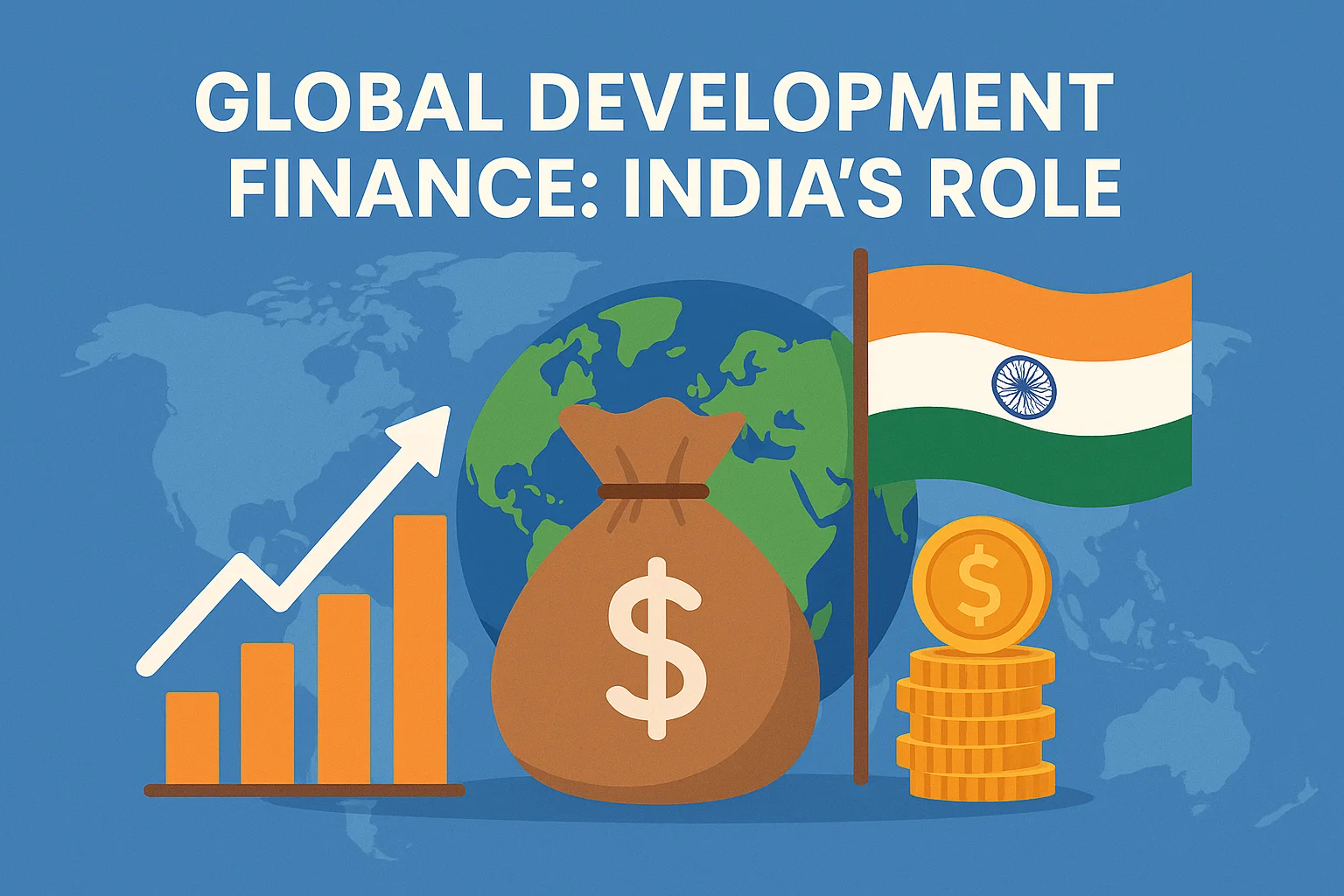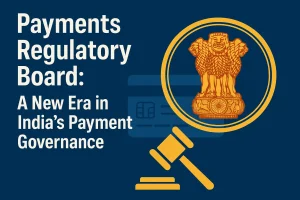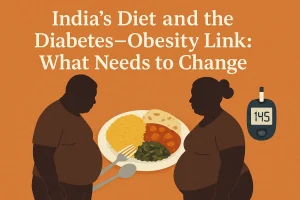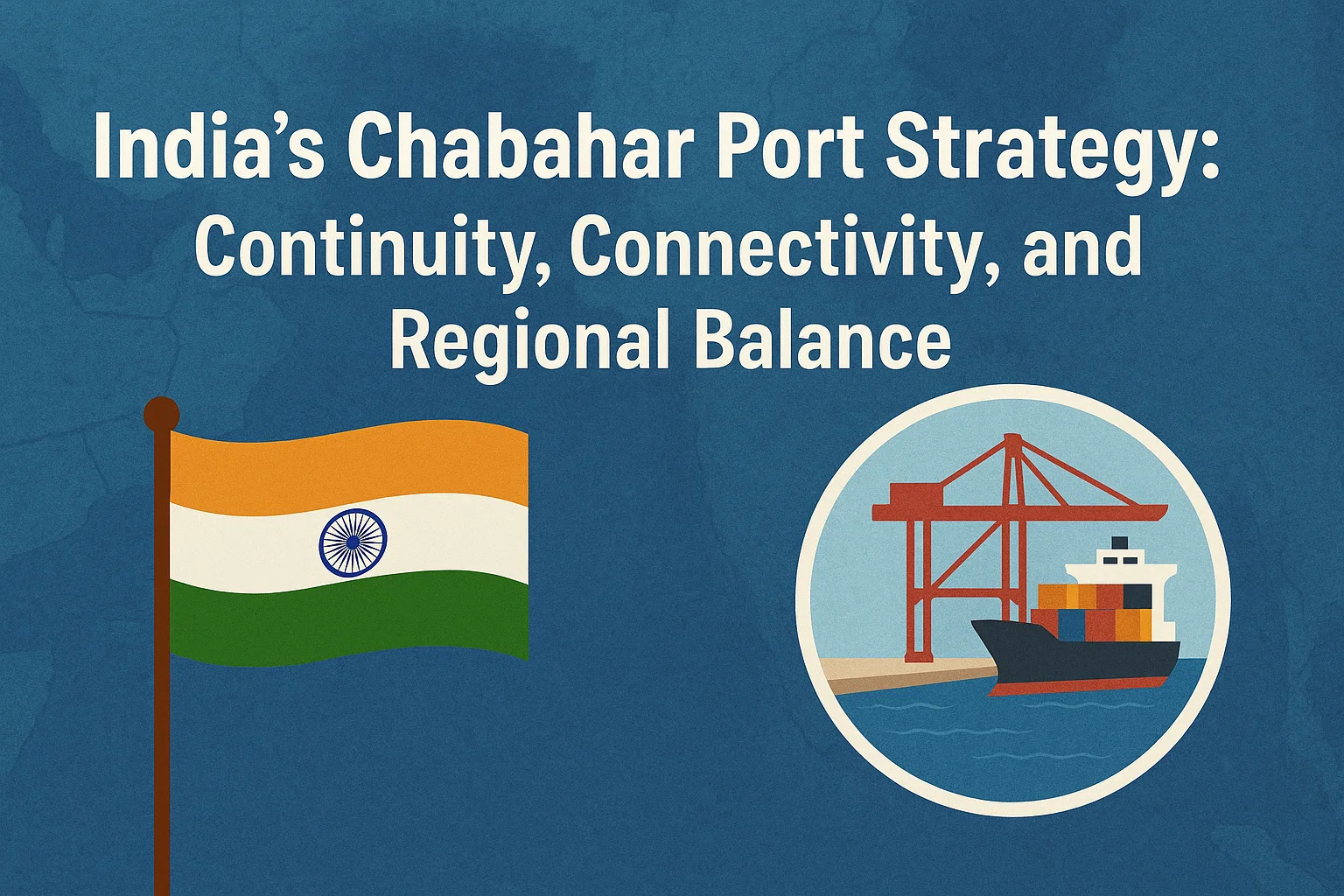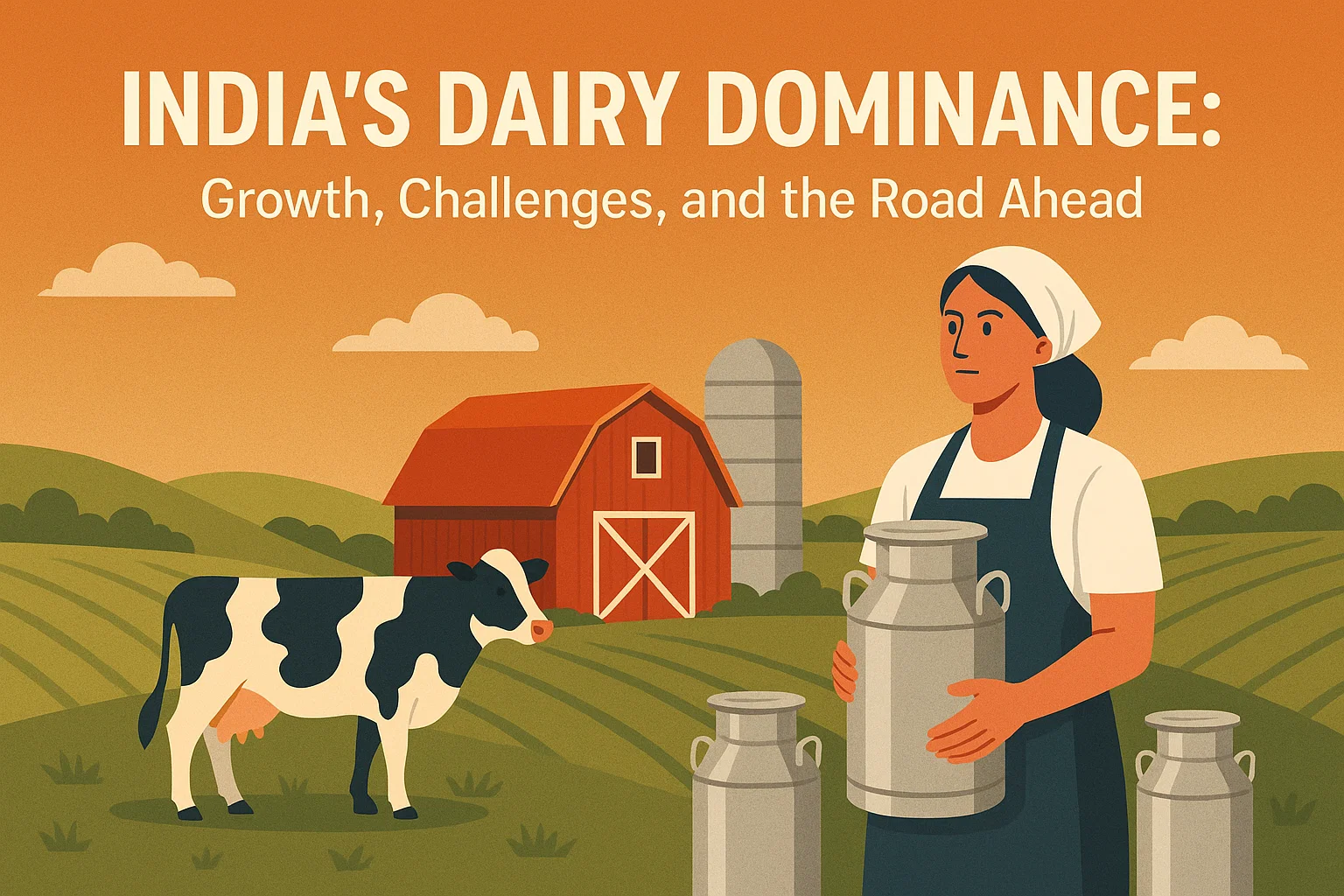Global Development Finance: India’s Role
Global development finance is declining, with ODA falling and multilateralism weakening, threatening SDGs and climate goals. India has an opportunity to lead by leveraging democracy, South–South knowledge exchange, and governance innovations to advocate equity, strengthen global South priorities, and provide alternatives to China’s financial dominance in development.
Context
At a recent United Nations session, concerns were raised over the shrinking influence of multilateral forums, contrasting sharply with 2015 when world leaders united behind the Sustainable Development Goals (SDGs) and the Paris Agreement. The debate underscored the urgent challenge of declining global development finance at a time when the world needs unprecedented resources.
The Issue: Declining Development Finance
Financing the SDGs and Climate Goals
According to UNCTAD (2023), achieving the SDGs and meeting climate commitments by 2030 requires an additional $4 trillion annually—about 3% of global GDP. Current resources fall significantly short.
Official Development Assistance (ODA) Decline
Projections suggest ODA could decline by 20–22% by 2025, reducing funds available for critical sectors such as health, education, infrastructure, and sanitation. This funding gap is especially severe for low-income countries reliant on concessional finance.
Shrinking Global Aid Ecosystem
-
Aid from traditional donors such as the United States and European Union has declined due to domestic priorities, including protectionist “America First” policies and aid cuts under Trump 2.0.
-
The “Billions to Trillions” initiative, intended to leverage private capital for development, has underperformed, generating far less than promised.
Weakening Multilateral Cooperation
-
Hyper-nationalism and de-globalisation have eroded trust in multilateral organisations like the UN, IMF, and World Bank.
-
Despite global consensus around the SDGs and Paris Agreement, structural inequities in global finance persist, leaving smaller developing nations at a disadvantage.
Why is this Significant?
-
Threat to Poverty Reduction and Social Development
Declining finance slows progress in education, healthcare, sanitation, and poverty alleviation, threatening the achievement of SDG 1 (No Poverty) and SDG 3 (Good Health and Well-being). Vulnerable populations risk exclusion without consistent aid flows. -
Impact on Climate and Environmental Goals
Global climate commitments require massive financing for renewable energy, adaptation, and mitigation. Without funding, SDG 13 (Climate Action) and the Paris Agreement goals remain elusive. -
Need for Global Knowledge and Collaboration
Challenges like pandemics, technological disruptions, and climate change cannot be addressed by nation-states alone. They demand cross-border cooperation, knowledge exchange, and global solidarity. -
Systemic Risk of Unilateralism
The retreat of Western aid and the rise of China as a development financier risks shifting global power balances. Smaller developing nations may find themselves marginalised or overly dependent on conditional financing.
Where is the Opportunity for India?
Leveraging Democratic Credentials
As the world’s largest democracy with a vibrant civil society, India commands credibility in advocating for transparency and inclusiveness in global development finance. Democracies inspire greater trust among developing nations, strengthening India’s moral authority in multilateral forums.
Leading South–South Knowledge Exchange
India can share innovative social policy frameworks and grassroots successes with the Global South, particularly Africa and South Asia:
-
MGNREGA’s social audits demonstrate accountability mechanisms in welfare delivery.
-
Foundational Literacy and Numeracy (FLN) Mission enhances early education outcomes.
-
NGO-led school reforms showcase scalable models for improving access and quality in resource-constrained settings.
These interventions establish India as a knowledge hub in social sector governance.
Bargaining for Equity in Development Governance
India’s leadership role in the UN, G20, and BRICS provides platforms to advocate for equitable allocation of development finance and systemic reforms in multilateral institutions. By foregrounding Global South priorities—healthcare access, climate adaptation, and infrastructure—India strengthens its bargaining position.
Alternative to Large-Scale Financing
While India cannot match China’s financial scale, it offers a distinctive value proposition:
-
Policy innovation in welfare delivery.
-
Institutional learning from democratic governance.
-
Soft power influence through successful domestic programmes.
India’s experience in public service delivery and governance reform can be a credible export to fellow developing nations.
Conclusion
The decline in global development finance comes at a time when the world faces its greatest collective challenges. Reduced ODA, shrinking aid flows, and weakening multilateralism threaten to derail the SDGs and climate commitments. Yet, this vacuum also creates an opportunity for emerging economies like India.
Through its democratic ethos, South–South cooperation, and proven policy innovations, India can play a pivotal role in shaping a fairer, more resilient development finance system. While it cannot compete with China’s financial dominance, India’s ability to share knowledge, institutional reforms, and governance practices offers a sustainable pathway for inclusive growth.
By bridging finance, trust, and knowledge, India can ensure that global development is not derailed but redirected towards equity, sustainability, and shared prosperity.
Subscribe to our Youtube Channel for more Valuable Content – TheStudyias
Download the App to Subscribe to our Courses – Thestudyias
The Source’s Authority and Ownership of the Article is Claimed By THE STUDY IAS BY MANIKANT SINGH
